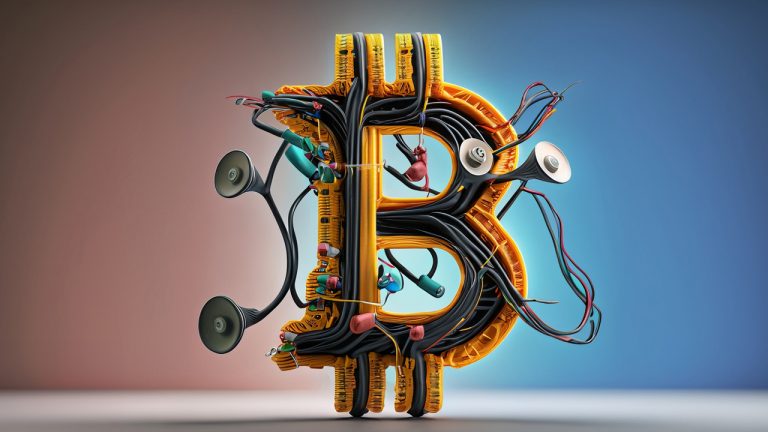
On June 20, 2023, around 9 p.m. Eastern Time, the tally of Ordinal inscriptions minted on the Bitcoin blockchain surged past 13 million. A mere five days had elapsed since the 12 million milestone was reached, indicating a persistent demand for these inscriptions that shows no signs of diminishing. Moreover, there has been a recent enhancement in the Ordinal inscription technology, enabling a higher level of interconnectedness among the inscriptions.
Demand Soars as Ordinal Inscriptions on Bitcoin Blockchain Surpass 13 Million Mark
Ordinal inscriptions remain significant despite recent criticism. As of this week, a record-breaking 13 million inscriptions have been added to the Bitcoin blockchain, and the trend shows no signs of slowing down. Presently, there are 13,059,248 ordinal inscriptions on the chain, and miners have earned 1,756 BTC, valued at $50.44 million, in fees from this inscription trend.
Furthermore, ordinal inscriptions have contributed to the BRC20 economy, currently valued at $153.63 million, as reported by brc-20.io. Approximately 34,551 BRC20 tokens are listed, with the token ordi (ORDI) holding the largest market capitalization at $141.81 million. Consequently, the ORDI market represents over 92% of the total BRC20 market share. In the last month, the BRC20 token economy has experienced a significant decline in value, dropping from nearly half a billion dollars.
Recursive Inscription Upgrade ‘Unlocks Powerful Use Cases’
Apart from exceeding the 13 million mark, ordinal inscriptions have sparked conversations among enthusiasts regarding a recent addition to the Ordinals Protocol known as recursive inscriptions. This new feature enhances the efficiency of inscriptions by enabling interconnectedness among them. Leonidas, the operator of Ord.io and host of The Ordinals Show, clarified that prior to the introduction of recursive inscriptions, ordinal inscriptions were “self-contained and unaware of the other files that had been inscribed.”
Through recursive inscriptions, files gain the ability to solicit the content of other inscriptions using a designated syntax. Leonidas elaborated on the upgrade, highlighting its potential applications, such as inscribing art collection traits for rendering images programmatically or storing code packages. Furthermore, this technology surpasses the current 4-megabyte (MB) limit, enabling larger data storage within BTC blocks. “This would unlock powerful use cases that could never be done in under 4 MB,” Leonidas stated. “The most complex pieces of software are just a bunch of code compiled together after all.”
The pseudonymous software developer added:
Now it becomes possible to put a complex 3D video game fully onchain on Bitcoin.
Ordinal inscriptions on Bitcoin have gained significant attention, despite the criticism surrounding the technology. This, in turn, has stimulated inscription advancements on Litecoin, Dogecoin, and Ethereum. Moreover, Bitcoin has emerged as the second-largest blockchain for non-fungible token (NFT) sales, a position it has maintained for nearly two months. As a result, individuals are now exploring the possibilities of recursive inscriptions, with Leonidas incorporating this feature into the Ord.io marketplace.
What do you think about the Ordinal inscription demand, the BRC20 economy, and the new recursive inscription technology? Share your thoughts and opinions about this subject in the comments section below.
#Technology, #13Million, #BitcoinBlockchain, #BRC20Economy, #Criticism, #Fees, #InscriptionTrend, #Interconnectedness, #Leonidas, #Milestone, #Miners, #OrdinalInscriptions, #PersistentDemand, #RecursiveInscriptions, #TechnologyEnhancement, #TokenMarket